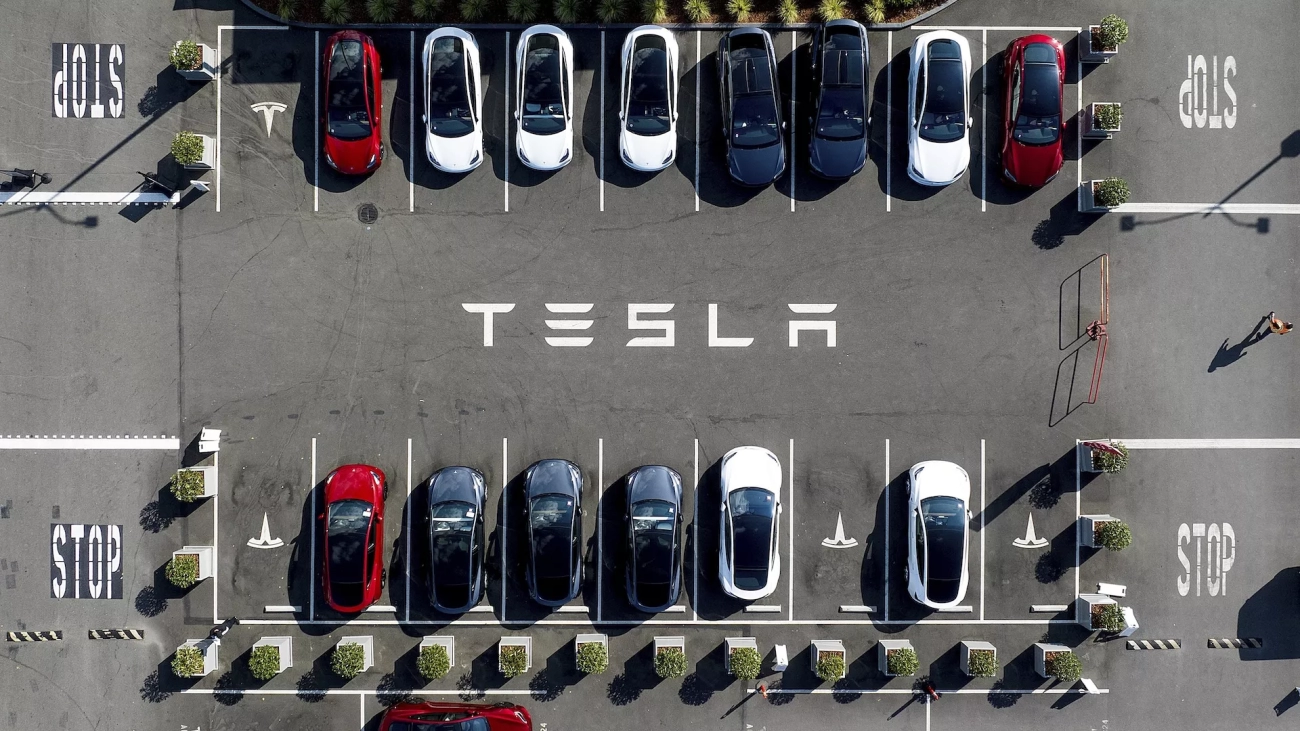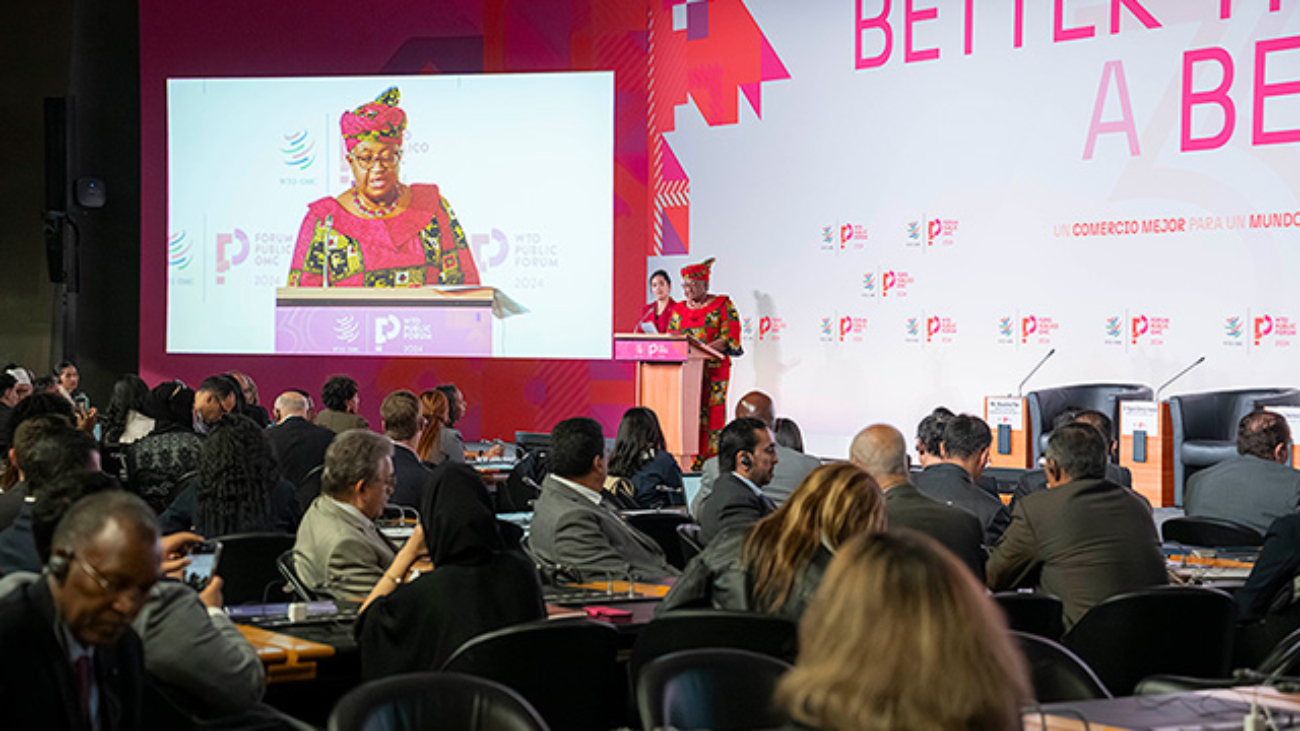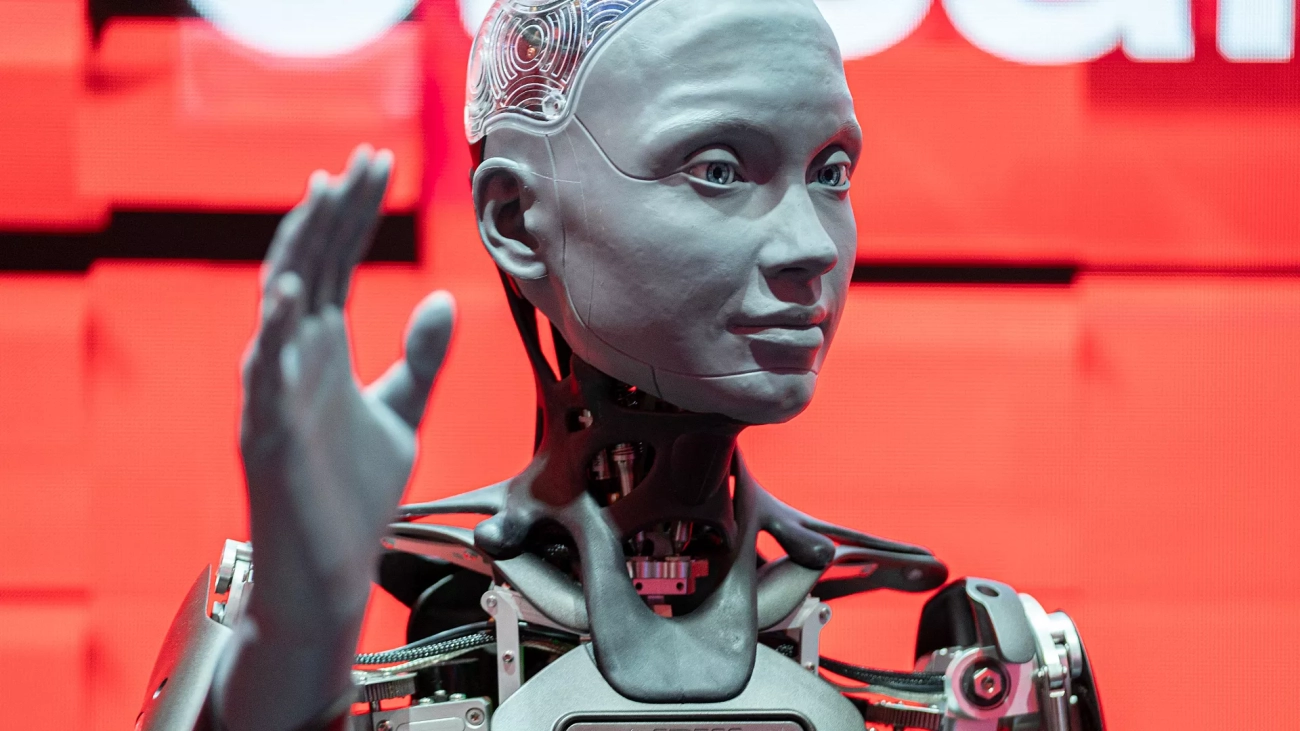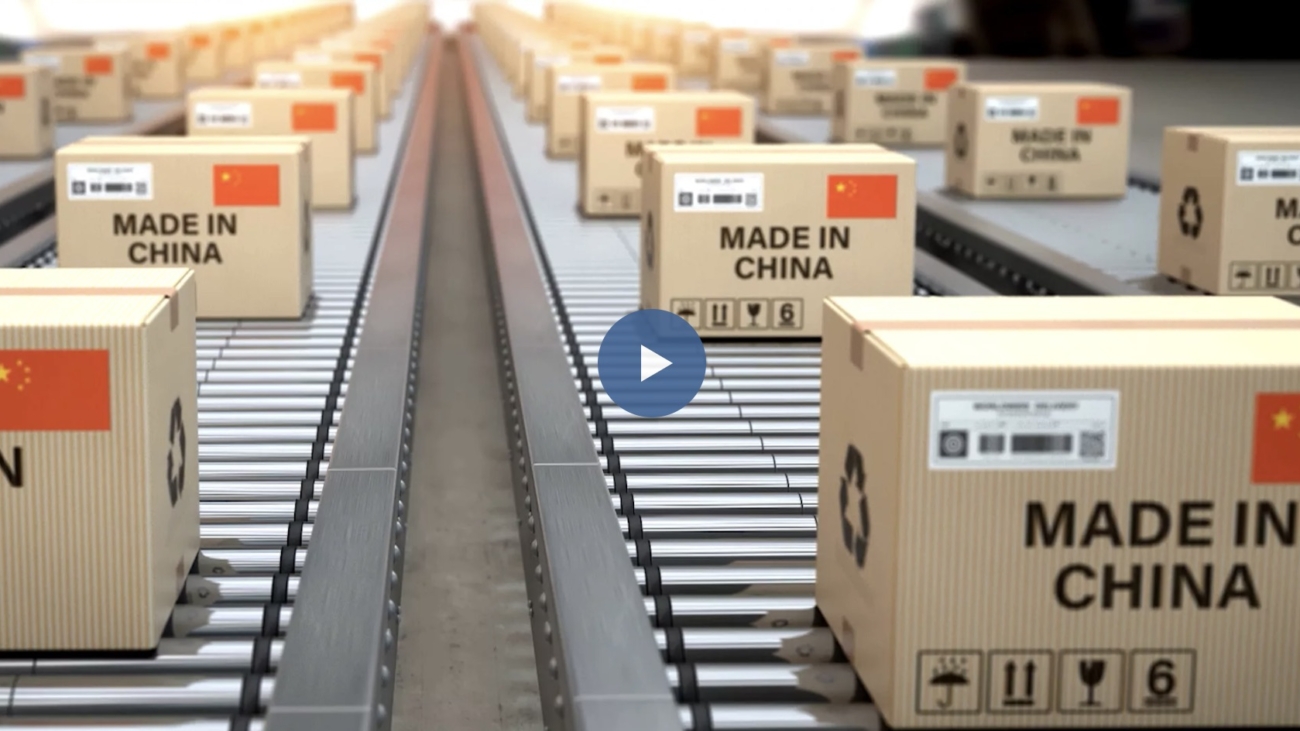Geneva, Switzerland, September 2024 – The WTO Public Forum 2024, one of the world’s foremost events on global trade and economic cooperation, concluded on 13 September 2024 after four days of in-depth discussions, dynamic panel sessions, and high-level networking. Held from 10 to 13 September at the WTO headquarters in Geneva, the forum attracted world leaders, business professionals, civil society representatives, and academics, who gathered to address the future of global trade in an era of significant change.
The event, themed “Adapting Trade in a Changing World,” provided a platform for exploring how global trade systems must evolve in response to challenges such as climate change, technological advancements, and shifting geopolitical dynamics. The discussions underscored the importance of innovation, resilience, and inclusivity in shaping the future of trade.
Key Outcomes and Discussions:
- Climate Change and Trade Policy: Climate action was a central topic, with discussions focused on how trade policies can support global efforts to combat climate change. Participants emphasized the role of green technologies, carbon pricing, and sustainable supply chains, calling for reform in trade rules to promote environmental sustainability.
- Digital Trade and Innovation: The rise of digital services and e-commerce featured prominently, with speakers advocating for updated trade regulations to support the booming digital economy. The sessions highlighted the need for investment in digital infrastructure, especially in developing countries, and policies that ensure the digital revolution benefits all.
- Supply Chain Resilience: Global supply chain disruptions due to the COVID-19 pandemic and geopolitical tensions were examined, with discussions centered on strengthening supply chains through diversification, improved logistics, and digital tools to enhance transparency and efficiency.
- Inclusivity in Trade: Ensuring that trade policies benefit all, especially developing countries and marginalized groups, was a key theme. Speakers called for more inclusive trade agreements and support for small and medium-sized enterprises (SMEs), which are vital to the global economy but often left behind.
Ngozi Okonjo-Iweala, Director-General of the WTO, opened the forum with a keynote address, calling for greater global cooperation in addressing trade challenges. “Trade must be a force for good in this world. It is not just about goods crossing borders, but about improving lives and fostering sustainable development,” she stated.
The forum brought together over 3,500 participants from around the globe, including heads of state, ministers, CEOs, and representatives from international organizations. In addition to the main sessions, the event included interactive workshops and networking opportunities, allowing participants to share experiences and forge new partnerships.
Key Announcements:
- A coalition of countries pledged to deepen cooperation on trade and climate change, focusing on clean energy and green technology initiatives.
- The WTO launched a new digital trade initiative aimed at supporting developing economies in building robust digital infrastructure and regulatory frameworks.
- A proposal for a global framework to enhance transparency and resilience in supply chains was introduced and will be pursued in upcoming WTO negotiations.
The WTO Public Forum 2024 solidified its position as a premier platform for global dialogue on trade, driving forward critical discussions on how the international trading system can adapt to a rapidly changing world. The outcomes from the forum are expected to shape key negotiations and policies in the coming years.
For more information on the forum’s conclusions and to access recordings of the sessions, visit the WTO Public Forum 2024 website.









